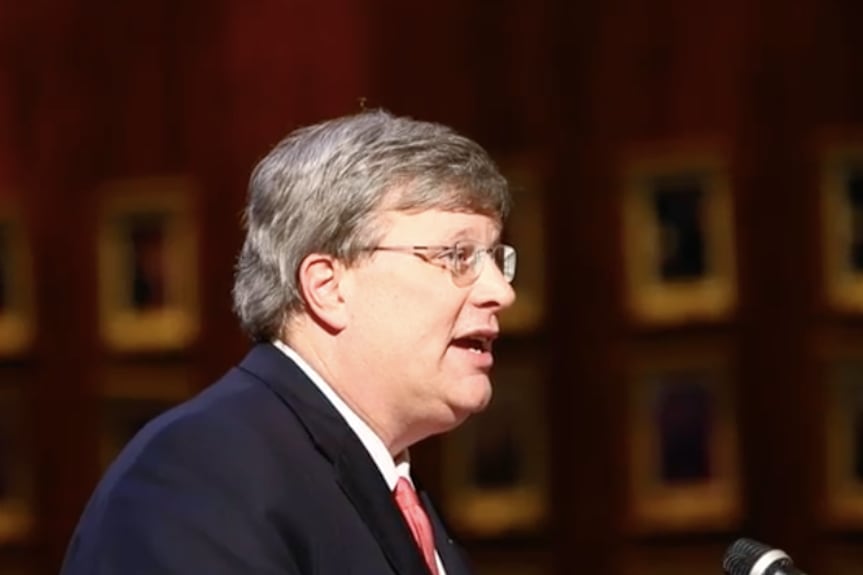Memphis-Shelby County Schools officials hit back at Memphis Mayor Jim Strickland’s recent comments linking rising truancy and declining enrollment to juvenile crime.
In his weekly newsletter Friday, Strickland discussed “the challenges our community faces with the lack of punishment and intervention for juvenile offenders,” and shared enrollment and truancy data that he cited as evidence that parents and families have “allowed” thousands of teens to drop out of or skip school.
District data released in May shows nearly 30% of MSCS students were chronically absent from school last year, meaning they missed 10% of school days or more. It marks a jump of almost 10 percentage points over pre-pandemic years. And in January, district data showed enrollment shrank by nearly 4,000 students from the previous year.
Strickland also criticized MSCS for terminating its relationship with the district attorney’s office to enforce truancy laws and claimed the district stopped referring any cases to Juvenile Court.
“This is unacceptable. Parents must be held accountable for their children’s attendance at school, and I hope that the new superintendent will use all legal means to hold parents and children accountable,” Strickland wrote. “The large increase in juvenile crime is certainly directly impacted by more teens out of school without supervision, education, and career plans.”
But MSCS leaders on Wednesday characterized Strickland’s remarks as inaccurate and lacking context, saying enrollment decreases are occurring at large public school systems across the country due to the pandemic. And on a local level, MSCS officials said enrollment is down because families have more educational options to choose from as the district has expanded its charter, virtual, and special school offerings.
District officials also defended their approach to truancy, saying it follows state laws and best practices that focus on addressing the root causes of a student habitually missing class rather than on criminalizing students or parents by getting prosecutors or the Juvenile Court involved.
Shawn Page, chief of academic operations and school support for MSCS, said many district families struggle with food or housing insecurity if a parent loses their job or their family is evicted — traumatic events that occurred more often during the pandemic. As a result, students may miss more school than usual.
“If a student is truant, we try to figure out what barriers are causing the truancy, remove those, and support the family,” Page said. “When students do not respond and we have to go to that next level, we will. … Only then do we report something to Juvenile Court — when we’ve gone through the processes and steps.”
The district referred over 400 students to the court in 2021, Page said, and about a month into the current school year, the district has already made over 300 referrals.
Samantha West is a reporter for Chalkbeat Tennessee, where she covers K-12 education in Memphis. Connect with Samantha at swest@chalkbeat.org.






